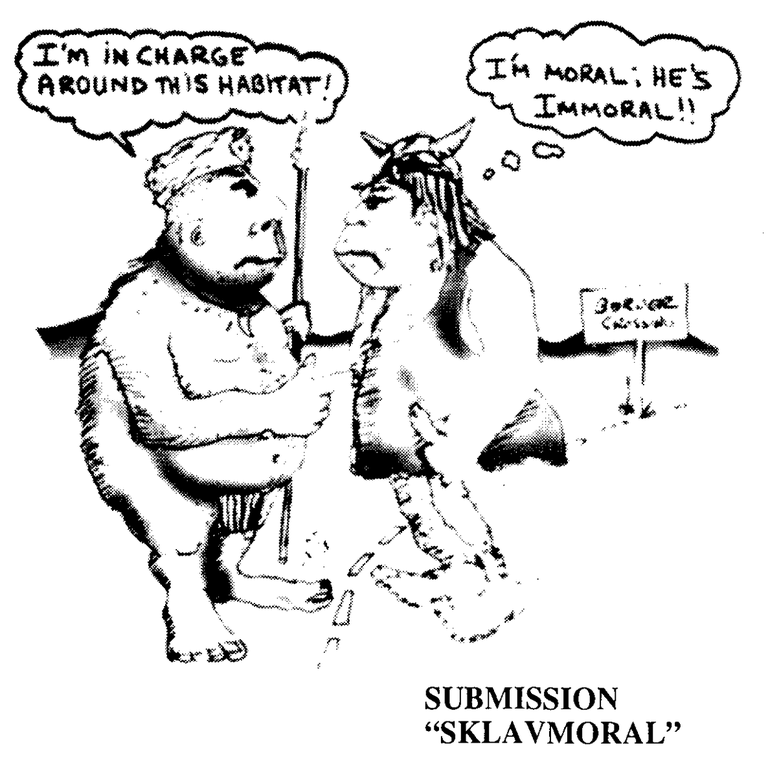Taking Time Off From Carpet Bombing Cambodia
Taking Time Off From Carpet Bombing Cambodia
I was writing last night in a notebook - I know that it breaks the whole idea of having one text file. A commonplace. One thing that came out of writing last night was that I’d been thinking about the whole idea of creating a sociopath in the lab wrongly. Part of defending yourself from a sociopath is disconnecting from competence and commitment and consistence. This doesn’t mean that you stop caring about these things and valuing them - it just means that you start to value something else more. That was my idea - that the way that you generate a sociopath in the lab was:
- Disconnect from competency
- Disconnect from commitment and consistency
- Elevate your status using still head, slow voice, pauses before you talk.
But I realised that this might be fine as a way of defending yourself against attacks, but that isn’t actually how you create a sociopath in the lab. How you create a sociopath in the lab is about how they interact with other people - crucially, other people have to give them status.
- Take status from other people in the room/organisation
- Use time pressure (you know, “aggressive timescales”) as a way of attacking competence, commitment and consistency e.g. “Are you seriously saying that you and your team can’t finish this project quicker than that?”
- Use an insistence on fake legibility as a way of attacking competence, commitment and consistency e.g. “Surely as professionals you can give me a detailed plan showing exactly what is required and how long it’s going to take.”
Thinking about Sociopaths
There’s this story that I read - I think it’s in “The 48 Laws of Power” about Henry Kissinger. He had some intern writing a report for him. The intern handed it in and it came back from Kissinger with a comment written on it in sprawling red pen “Is this the best that you can do? Don’t you think it needs a rewrite?”
So the intern went away and re-wrote the report and gave Kissinger an updated version of the report. Again, the comment came back “Is this really the best you can do? Don’t you think it needs another rewrite?” So the intern goes away and rewrites the report again.
Again - he gets the report back with note. “Really? This is the best you can do?” And now, furious, the intern gets a few moments with Kissinger as says “Yes, this is the best I can do, no, I don’t think it needs another rewrite.” “OK, says Kissinger, then I’ll read this one.”
The “Loser” in me wants to say “What do you expect from a man who carpet bombed Cambodia?” That’s Robert Anton Wilson’s “Snafu principle” in a nutshell. If I can prove that he’s a bad man, then I don’t have to worry about the lessons that his behaviour might teach me, I can essentially stop listening. But there are a couple of other ways of looking at this story.

One is the way that Kissinger blithely (and this, curiously, is a word I tend to use when I think about this[1]) fucks around with the interns competence. He has to push - three times of asking - before the intern finally, probably out of desperation rather than confidence or defiance, stands his ground. And can you imagine what Kissinger’s life would be like if he read every crappy report that landed on his desk and then had be to forced to spoon feed authors with clues as to what they should actually write? But also, very unusually, he shows that he’s not consistent - he shows that he’s disconnected from consistency. Of course, most sociopaths don’t do that. But I suppose he’s doing it for a reason here - he’s giving a word to the wise. “When you write something for me - bring your ‘A game’. And that probably means in your case, you’ve now figured out, re-write and re-think it three times before you show it me.”
[1] This is the word that you would use for the expression on Lucy’s face when she gets Charlie Brown to kick the football and then pulls it away at the last minute. The football test is essentially Lucy’s way of checking if Charlie Brown is worthy of fucking. He never is.